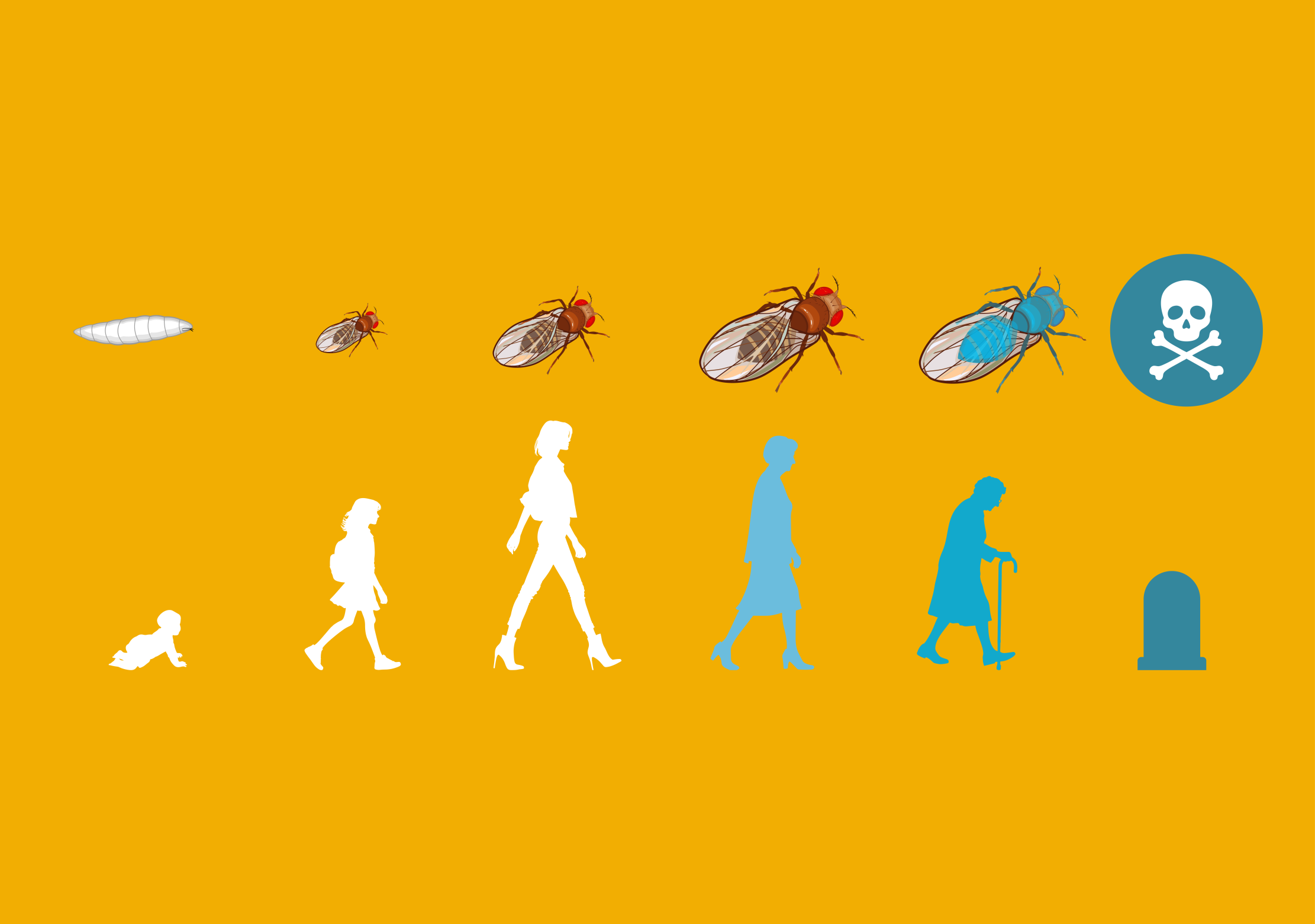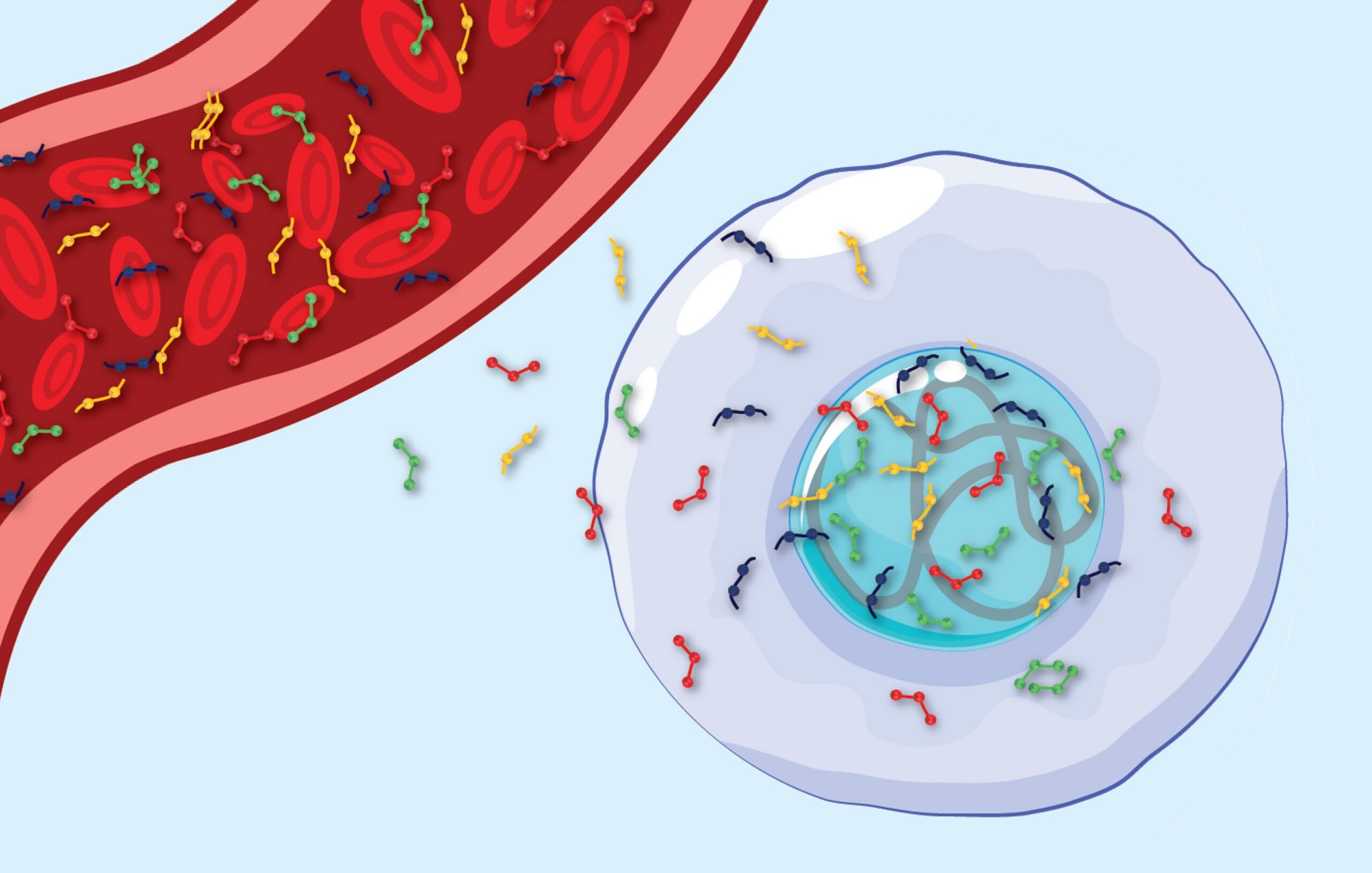In today’s competitive job market, universities face the challenge of ensuring that their graduates are not only knowledgeable but also possess a range of attributes that make them employable. Traditional academic programs often focus on curriculum and formal learning environments, but recent research highlights the significant role of extracurricular activities in student development. Professor Carmel Foley at the University of Technology Sydney and her colleagues have delved into this underexplored area, examining how participation in university-based sport and social clubs contributes to the development of essential graduate attributes. Read More
To conduct their study, Foley’s team interviewed 22 student leaders from various university clubs. These students held positions such as presidents, treasurers, and event planners, making them well-placed to provide insights into how their involvement in these clubs impacts their personal and professional growth.
The study found that participation in university clubs significantly enhances graduate attributes such as leadership, teamwork, communication, and resilience. These qualities are crucial for students as they transition into the workforce and navigate their professional lives. The hands-on experience that students gain from managing club activities, organising events, and working with peers provides them with practical skills that complement their academic knowledge.
Foley and her colleagues also highlight the concept of ‘communities of practice’, where learning occurs through social interactions and shared experiences. This theory underpins the study’s findings, emphasising that the collaborative environment of university clubs fosters a sense of belonging among students. These experiences are instrumental in developing students’ confidence and competence in various skills that employers seek.
Another significant aspect of the study is the emphasis on the student perspective. Foley’s team adopted a bottom-up approach, focusing on what students perceive as the benefits of their extracurricular involvement. This contrasts with the traditional top-down approach, where universities or employers dictate the skills and attributes needed. By listening to students, the researchers provide a more authentic understanding of how extracurricular activities contribute to personal and professional development.
Foley’s study offers valuable recommendations for universities. One key suggestion is to create more opportunities for students to engage in extracurricular activities. This can be achieved by providing better support and resources for student clubs and ensuring that students are aware of the benefits of participating in these activities. Universities should also recognise the skills and attributes developed through extracurricular involvement, perhaps through official certification.







